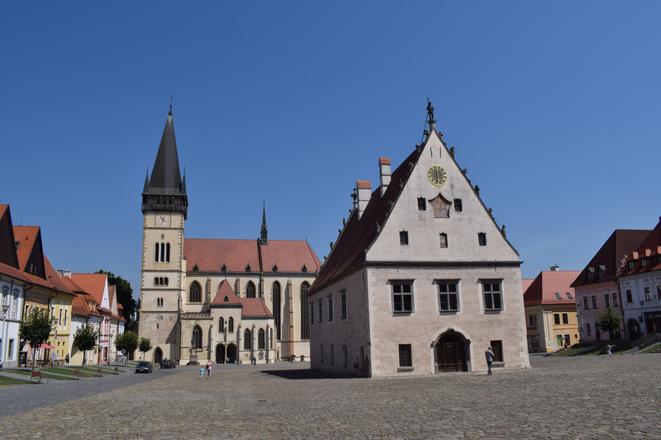The sun was shining one morning, brightening the windows and waking sleepy schoolchildren. One boy was gazing, melancholy, through the window. He saw his future. He saw himself walking down the street of Wittenberg. He saw himself having a passionate discussion with Martin Luther and Philip Melanchton, two rebels who opened the door to reformation and humanism.
In 1539, 29-year-old Leonard Stöckel was appointed as a teacher at the gymnasium. In Bardejov, his hometown, which was nicknamed the Slovak and Hungarian Wittenberg. Stöckel, who laid the foundations of pedagogy and education, was called “the teacher of the Kingdom of Hungary”.

 Bardejov (source: One2We)
Bardejov (source: One2We)